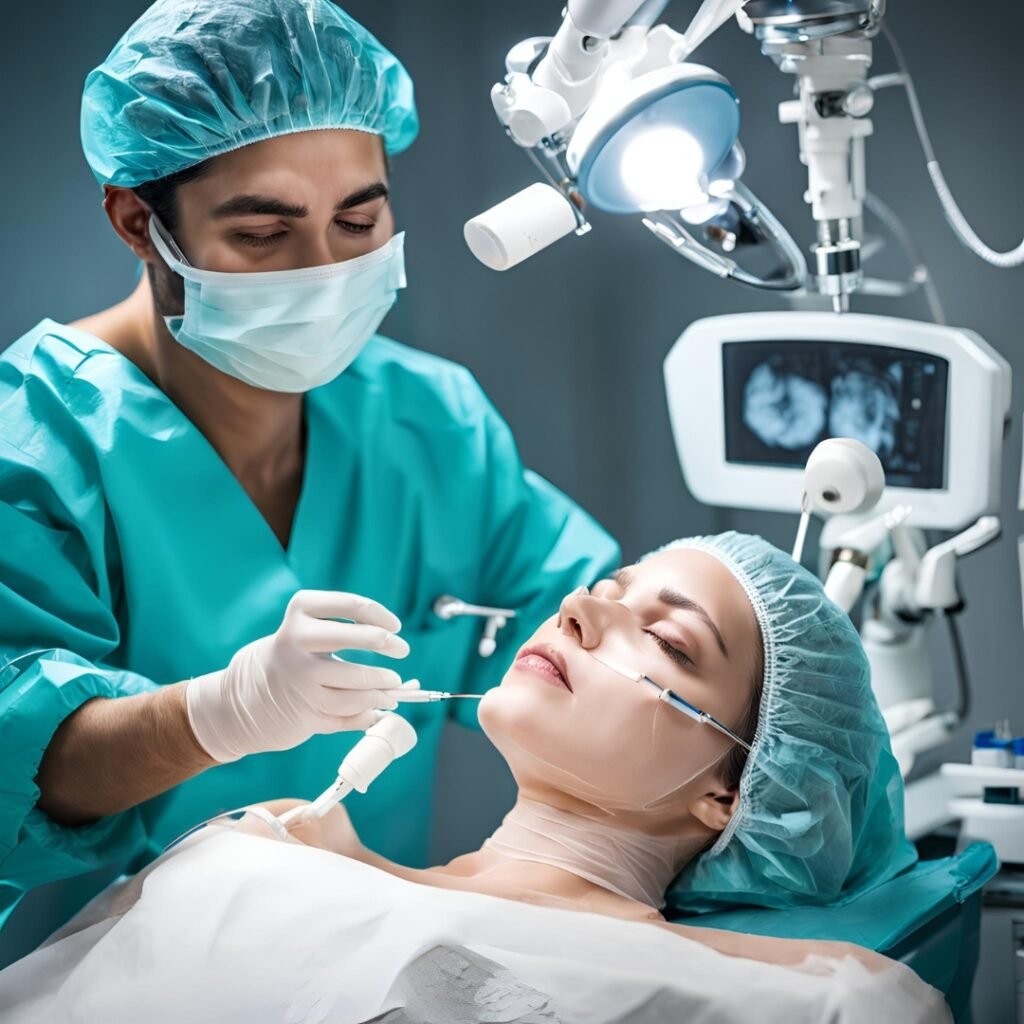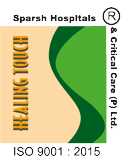Why Sparsh Hospital is your best choice for Plastic Surgery?

At Sparsh Hospitals, we offer exceptional reconstructive and aesthetic surgeries using advanced technology to ensure safe and seamless procedures for our valued patients. Our world-class doctors possess international-level medical certifications and degrees, bringing a wealth of experience and dedication to delivering top-tier aesthetic and cosmetic surgery in India. Their extensive expertise and up-to-date medical knowledge empower them to provide outstanding care, even in the most complex clinical cases.
Our team of aesthetic and plastic surgeons is skilled in creating customized cosmetic treatment plans tailored to each individual, including both invasive and non-invasive procedures. You can expect superior treatment from our highly trained doctors, nurses, and other medical staff, all of whom maintain a patient-centric approach.
Understanding Plastic & Reconstructive Surgery
Plastic and Reconstructive Surgery is a specialized field focused on the repair, restoration, or enhancement of the human body. This medical discipline includes a wide range of procedures aimed at improving both aesthetic appearance and functional capability.

What are the Signs and Symptoms of Issues Addressed by Plastic Surgery?
Signs and symptoms that might require plastic or reconstructive surgery include:
- Noticeable scarring or deformities from accidents or injuries.
- Congenital defects such as cleft lip or palate.
- Skin irregularities or excess fat deposits that are resistant to diet and exercise.
- Changes in body appearance due to aging, such as wrinkles or sagging skin.
- Functional impairments such as difficulty breathing through the nose.
- Breast asymmetry or volume loss after mastectomy.
Causes of Conditions Treated by Plastic Surgery
Conditions treated by plastic surgery can arise from various causes:
- Congenital Defects: Birth anomalies such as cleft lip, palate, or congenital hand deformities.
- Trauma: Injuries from accidents, burns, or animal bites.
- Disease: Skin cancer, tumors, or severe infections that cause tissue loss or deformities.
- Aging: Natural aging processes that lead to wrinkles, sagging skin, and loss of skin elasticity.
- Lifestyle Factors: Obesity or significant weight loss leading to excess skin.
Common Medical Tests to Diagnose Conditions for Plastic Surgery
Several diagnostic tests are used to assess the need for plastic or reconstructive surgery:
- Physical Examination: Comprehensive evaluation of the affected area.
- Imaging Tests: X-rays, CT scans, MRI scans to assess underlying structures and severity of deformities.
- Biopsies: For skin lesions or tumors to determine malignancy.
- Photographic Analysis: Detailed photographs to plan surgical procedures and document progress.
How to Prevent Conditions Requiring Plastic Surgery
While some conditions are unavoidable, certain measures can help prevent issues that may necessitate plastic surgery:
- Sun Protection: Use sunscreen and protective clothing to prevent skin damage and cancer.
- Healthy Lifestyle: Maintain a balanced diet and regular exercise to avoid obesity and related skin issues.
- Safety Measures: Use appropriate safety gear to prevent injuries in high-risk activities.
- Skin Care: Regularly moisturize and care for your skin to maintain its health and elasticity.
- Regular Medical Check-ups: Early detection of skin anomalies or other health issues can prevent severe conditions.
What Are the Common Surgeries Performed by a Plastic Surgeon?
Plastic surgeons perform a variety of procedures, including:
- Facelifts: To reduce signs of aging by tightening skin and smoothing wrinkles.
- Rhinoplasty: To reshape the nose for improved appearance or breathing.
- Breast Augmentation/Reconstruction: To enhance breast size or rebuild breasts post-mastectomy.
- Liposuction: To remove excess fat from specific body areas.
- Tummy Tuck (Abdominoplasty): To remove excess skin and fat from the abdomen and tighten abdominal muscles.
- Hand Surgery: To correct congenital defects, repair injuries, or treat conditions like carpal tunnel syndrome.
- Scar Revision Surgery: To improve the appearance and functionality of scars.

Why Should I See a Plastic Surgeon?
Seeing a plastic surgeon can provide numerous benefits:
- Expertise in Aesthetics and Functionality: Specialized knowledge in enhancing both appearance and functionality.
- Personalized Care: Tailored treatment plans to meet individual needs and goals.
- Advanced Techniques: Access to the latest surgical methods and technology.
- Comprehensive Support: Multidisciplinary teams offering holistic care from consultation to recovery.
- Improved Confidence and Quality of Life: Enhanced appearance and function can significantly boost self-esteem and overall well-being.
Consulting with a plastic surgeon can be a transformative step towards achieving your desired aesthetic and functional outcomes.

